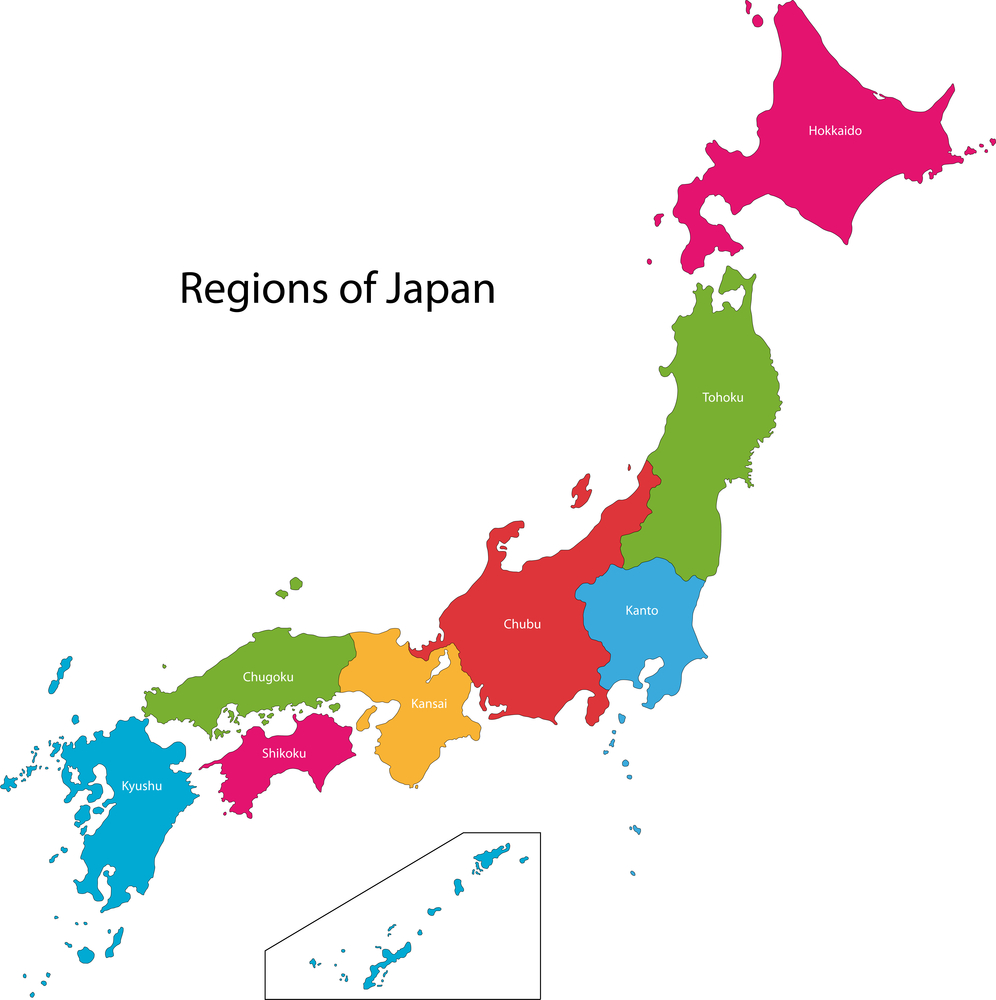The latest in Nidec President Nagamori’s string of acquisitions – a university
Shigenobu Nagamori, the founder of Nidec is interviewed in the Nikkei Business series on how to “wake up Japan” about his latest acquisition – not a company this time, but a university – Kyoto Gakuen. He feels that Japan has become too brand name obsessed about higher education and that 18 year olds should not have their future decided simply on the basis of their standardised score for the university entry exams.
“You get into university in Japan on rote memorization and exam technique, so when you graduate, you have a rather fake identity, with no real strength, so don’t know how to survive in society.” Nagamori is aiming for a university where “you graduate with fluent English [science graduates do not have to study English at university in Japan] and specialist skills that you can put to immediate use”. He has changed Kyoto Gakuen’s name to the Kyoto University of Advanced Science.
“Japanese university students aren’t fully formed human beings. They don’t know how to speak for themselves. They fall asleep in lectures or mess about on their smartphones. This has to change, starting with the teachers. That’s why I became the chairman of the university. Lectures will be in English. 1/3 of the teachers will be foreign. There will be some students who cannot cope with this, so we will have the same lectures in the evening in Japanese. We had 600 lecturers apply for 30 positions. The evening supplementary lectures wll be given by post doc students or research students. The lectures will not be 90 minutes of sitting down. There will be a 45 minute lecture and the rest will be doing experiments. ”
“The administrators become the elite in Japanese companies – hardly any technical specialists become CEO. This is completely different to the USA. We also need to encourage overseas study – and encourage overseas students to come to us – maybe half our students should be from overseas. If they achieve good results, we will fund their fees and living costs. If results fall off, they pay half, if they hit the bottom, they have to pay all of it. That’s what we’re thinking. This might seem extreme, but it’s normal in the USA.”
Most of the rest of the interview is about facing the threat from China. Nagamori finishes by comparing himself to Konosuke Matsushita, the founder of Panasonic. Matsushita developed his management philosophy, and set up the Matsushita Institute of Government and Management , “but I don’t have any interest in politics, so I want to develop people who can set up businesses in advanced science – kids from poor Asian families who can come here to study, and then go out into the world and start something new.”
For more content like this, subscribe to the free Rudlin Consulting Newsletter. 最新の在欧日系企業の状況については無料の月刊Rudlin Consulting ニューズレターにご登録ください。
Read More
